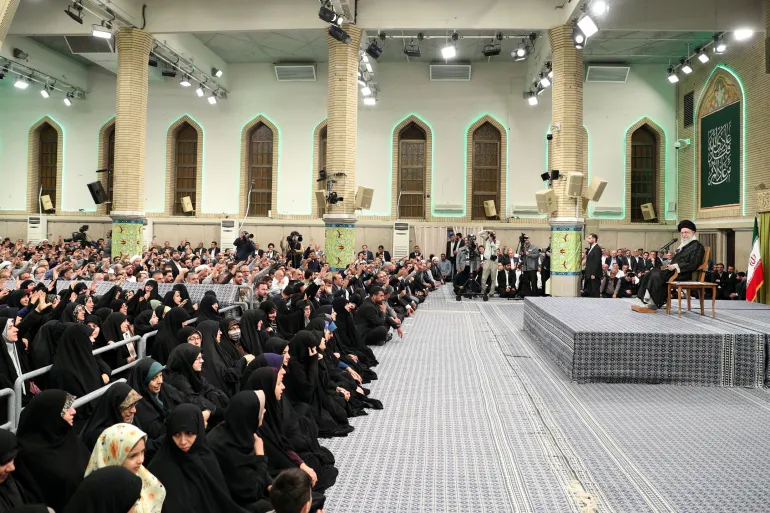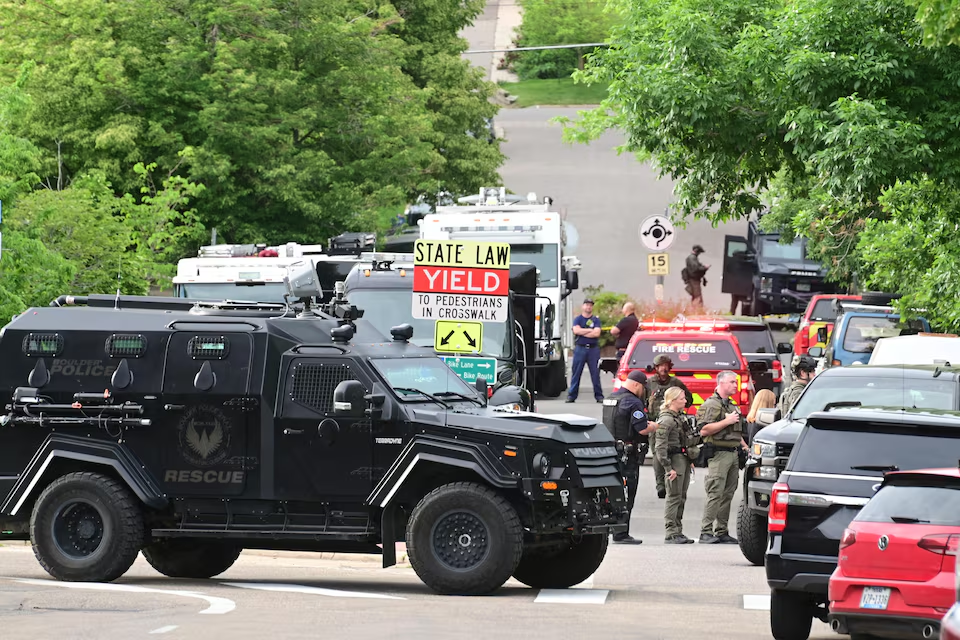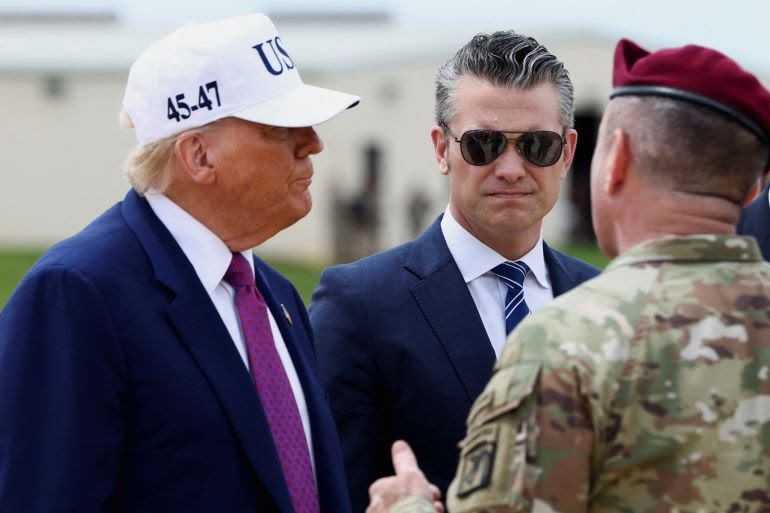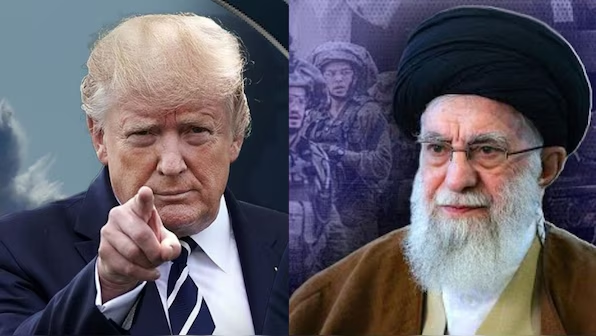Iran’s top leaders have lashed out at former U.S. President Donald Trump over comments made during his high-profile Middle East tour, calling his statements “disgraceful” and “provocative.” The strong condemnation came after Trump’s visit to Israel and several Gulf countries, where he reaffirmed alliances, denounced Iran as a destabilizing force, and advocated for stronger regional coordination against Tehran.
Supreme Leader Ayatollah Ali Khamenei delivered a scathing criticism of Trump in a speech broadcast on Iranian state media, saying, “This man once tore up international agreements, sanctioned medicine for our children, and sowed division across West Asia. Now he dares to preach about peace? He is lying with every breath.”
Trump, during his regional tour, accused Iran of sponsoring terrorism, undermining regional stability, and abusing its own people. He urged Arab states and Israel to unite against what he called “the single greatest threat to peace in the Middle East”—the Islamic Republic of Iran.
Iranian President Ebrahim Raisi responded swiftly, rejecting Trump’s accusations as a “recycled pack of lies” and calling his tour a “desperate attempt to revive failed policies.” Speaking at a cabinet meeting, Raisi said, “Trump is not welcome in our region. He represents the very imperialism that has left devastation in its wake.”
Foreign Ministry spokesperson Nasser Kanani further condemned the former U.S. president, claiming he was using divisive rhetoric to further destabilize the region. “His language is meant to incite sectarian conflict and foster hostility between peoples who share a long history of coexistence,” Kanani said. “This is the same strategy of sowing chaos we saw during his presidency.”
During his tour, Trump visited Israel, Saudi Arabia, and the UAE, holding closed-door meetings with leaders including Israeli Prime Minister Benjamin Netanyahu and Saudi Crown Prince Mohammed bin Salman. He reportedly discussed regional security cooperation, trade agreements, and the reactivation of defense initiatives targeting Iranian influence.
Trump’s critics argue that his visit was less about diplomacy and more about energizing his political base back home. In speeches made during the tour, Trump referenced his “tough stance” on Iran as a point of pride, citing the 2018 U.S. withdrawal from the nuclear deal (JCPOA) as one of his key foreign policy achievements.
Iranian state media denounced the visit as a “provocation tour,” and hardline newspapers published editorials warning Arab leaders against embracing Trump’s agenda. The Kayhan newspaper called it “a Zionist-American attempt to redraw the region’s alliances against the will of the people.”
Protests erupted in Tehran and other major cities, with demonstrators burning effigies of Trump and chanting slogans condemning U.S. interference. Many Iranians view the former president as a symbol of international injustice, especially given the heavy sanctions imposed during his administration, which had devastating effects on Iran’s economy and healthcare system.
The renewed war of words comes amid ongoing efforts—led by the Biden administration and European mediators—to revive diplomatic channels with Iran over its nuclear program and regional behavior. However, these efforts have stalled in recent months, and Trump’s visit may further strain the possibility of resuming constructive negotiations.
Observers say the timing of Trump’s visit and his rhetoric is likely to inflame tensions rather than ease them. “This tour wasn’t about peace—it was about polarization,” said Hadi Semati, a political analyst and former Tehran University professor. “Trump is trying to reassert himself in the international spotlight, and Iran is the easiest target for his messaging.”
While Trump’s visit received praise from his hosts—who echoed concerns about Iran’s regional activities—international observers and human rights organizations warned that the former U.S. president’s approach could derail fragile diplomatic efforts and escalate an already volatile regional situation.
Ayatollah Khamenei closed his remarks with a defiant message: “Let them know—the Iranian people are not fooled by empty speeches. We will resist oppression and defend our dignity against all forms of aggression.”
Source: Al Jazeera



